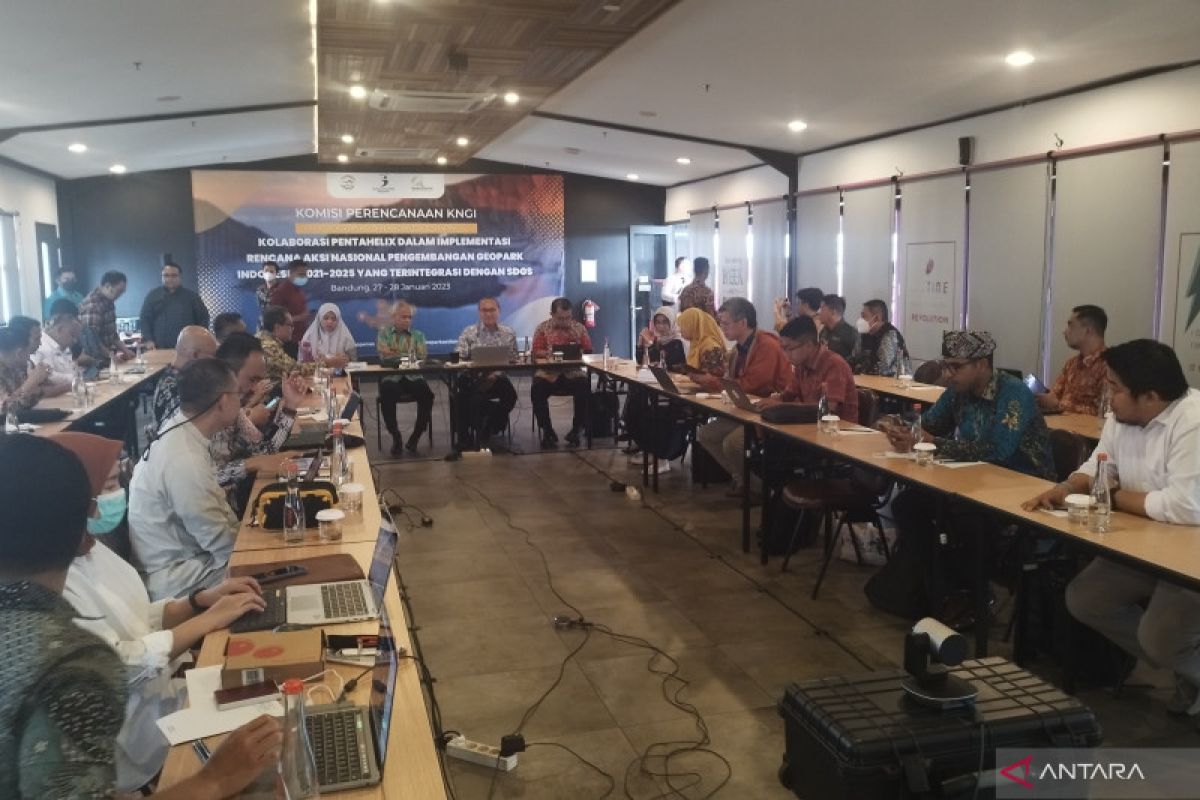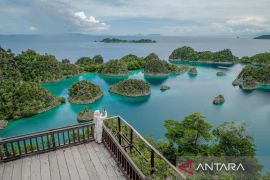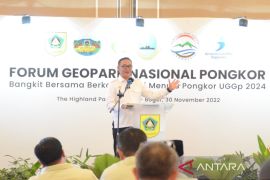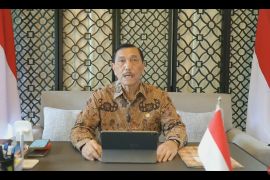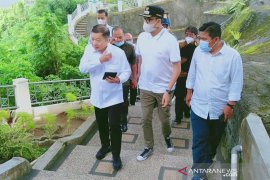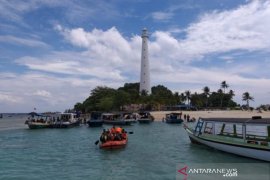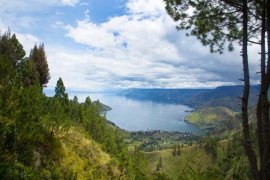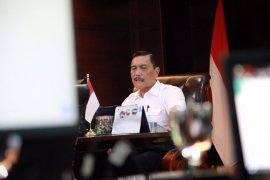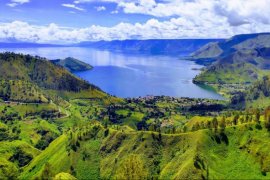We already have 10, and there are 2 remaining. Our target is 12 (geoparks) achieve UNESCO global recognition, as per the 2020–2024 RPJMN (National Mid-Term Development Plan).Bandung, West Java (ANTARA) - The National Development Planning Agency's (Bappenas') National Committee for Indonesia Geoparks (KNGI) is planning to get recognition for 12 Indonesian geoparks from the United Nations Educational, Scientific, and Cultural Organization (UNESCO) by 2024.
Indonesia currently has 6 geoparks of global status and 4 more geoparks have recently received UNESCO recognition as global geoparks, KNGI Geoparks Action Plan coordinator Togu Pardede said.
"We already have 10, and there are 2 remaining. Our target is 12 (geoparks) achieve UNESCO global recognition, as per the 2020–2024 RPJMN (National Mid-Term Development Plan)," Pardede informed here on Friday.
The 6 Indonesia geoparks that have been recognized by UNESCO are Batur Geopark in Bali, Sewu Mountains in Yogyakarta, Ciletuh in West Java, Mount Rinjani in West Nusa Tenggara, Lake Toba in North Sumatra, and Belitong in Bangka Belitung, he said.
Meanwhile, the 4 geoparks that have recently achieved UNESCO global geopark status are Maros Geopark in South Sulawesi, Ijen in East Java, Merangkin in Jambi, and Raja Ampat in Papua.
"The 4 (new global geoparks) will be officiated in April 2023. All of them have achieved the status, yet the certificate is still pending," Pardede said.
KNGI is aiming to get global geopark status for 2 more geoparks by 2024—Meratus Geopark in South Kalimantan and Karangsambung in East Java, he added.
To achieve the global geopark target, Pardede said that his side has prepared an action plan with the relevant ministries and regional authorities.
He also emphasized that geopark development will benefit the people's economy.
Related news: UNESCO Global Geoparks team members visit West Papua's Raja Ampat
Meanwhile, director of mineral resources and mining at Bappenas, Nizhar Marizi, said that geopark development has three foundations — conservation, education, and sustainable people's economic development.
"The geopark development action plan drafting will be consistent with the RPJMN and RPJMD (Regional Mid-Term Development Plan), as well as the strategic plans of ministries, institutions, and regional authorities," Marizi said.
He said that government ministries and institutions would be invited to collaborate in developing national geoparks.
"For instance, the Ministry of Energy and Mineral Resources and Ministry of Environment and Forestry will be responsible for conservation, while the Ministry of Education, Culture, Research, and Technology or the BRIN (National Research and Innovation Agency) will be responsible for the education aspect," Marizi expounded.
Moreover, the agency's acting deputy for maritime and natural resources, Vivi Yulaswati, said that UNESCO global geopark recognition is a huge responsibility that must be maintained together.
As UNESCO constantly monitors the development of global geoparks biennially, any setbacks to their development might endanger the recognition, she highlighted.
"The recognition should be our capital to further the (geopark) development. At least, we must improve the global geoparks for 2024," Yulaswati said.
Related news: Bogor expects Pongkor's inclusion into UNESCO Global Geoparks List
Related news: Geoparks as sustainable approach to promoting economic recovery
Translator: Bagus Ahmad R, Nabil Ihsan
Editor: Yuni Arisandy Sinaga
Copyright © ANTARA 2023
